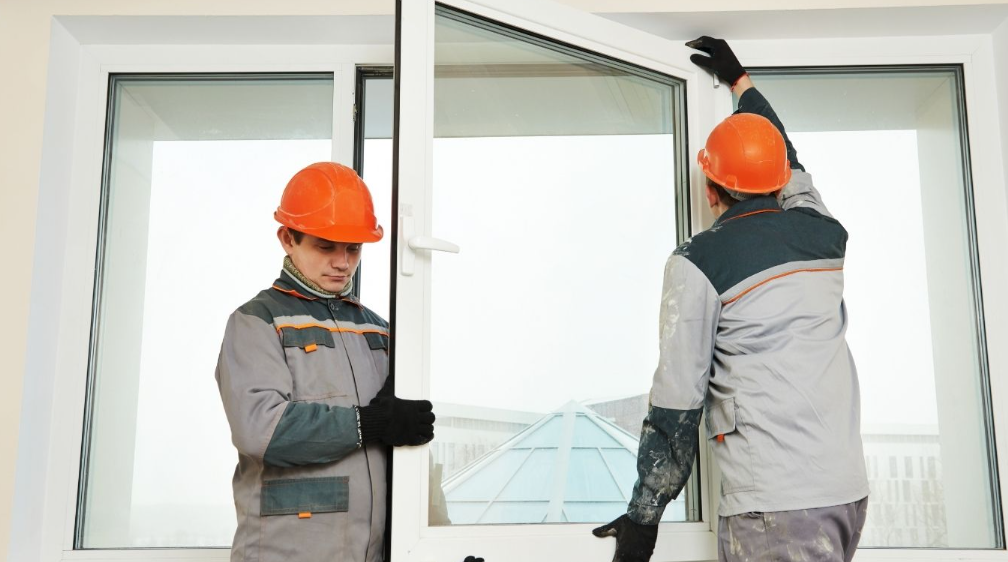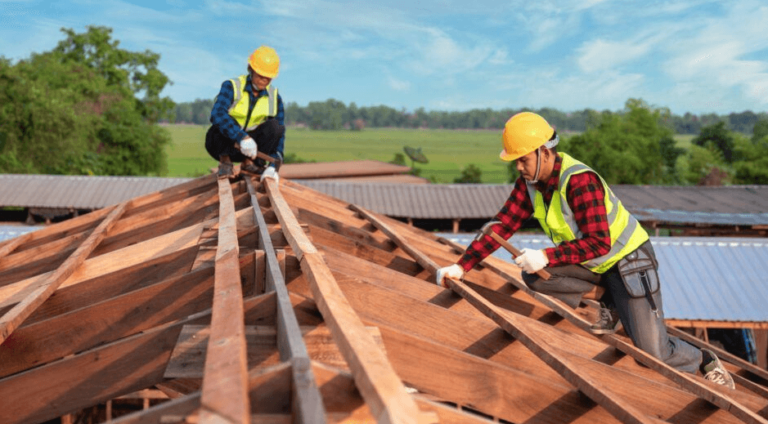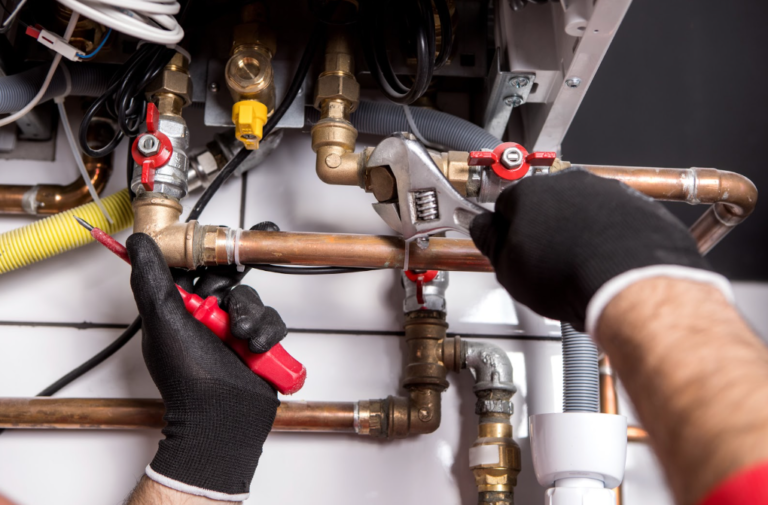Enjoy Lower Bills With Home Window Replacement
Homeowners across the country are realizing the growing benefits of investing in energy-efficient home upgrades. Among the most effective and impactful of these improvements is home window replacement. Replacing old, drafty, or inefficient windows not only transforms the appearance of your home but also helps lower energy bills significantly. Whether you live in a region with freezing winters or sweltering summers, upgrading your windows plays a key role in enhancing indoor comfort and reducing long-term maintenance costs.
This comprehensive guide explores how home window replacement can lead to substantial savings while improving your home’s efficiency, value, and appeal.
Why Home Window Replacement Matters
Reduce Energy Consumption
One of the biggest reasons to consider home window replacement is to reduce energy consumption. Old windows often leak air, letting hot or cold air escape and causing your heating or cooling system to work harder. Modern energy-efficient windows help maintain indoor temperatures by improving insulation and minimizing drafts.
Improve Indoor Comfort
Drafts, hot spots, or cold zones near old windows can make your living environment uncomfortable. New windows help regulate indoor temperatures more effectively, offering a more stable and comfortable atmosphere year-round.
Increase Property Value
Replacing outdated windows adds instant curb appeal and improves the overall marketability of your property. Homebuyers often look for energy-efficient features, and new windows signal low future maintenance and lower utility bills.
See also: How Smart Homes Are Changing the Way We Live
Understanding Energy-Efficient Window Features
Double or Triple Glazing
Modern windows often feature two or three layers of glass. These layers create air gaps that reduce the transfer of heat, which helps maintain a consistent temperature inside your home.
Low-E Glass Coatings
Low-emissivity (Low-E) coatings reflect heat while allowing light to enter. This coating helps keep your home cool in summer and warm in winter by minimizing infrared and ultraviolet light penetration.
Argon or Krypton Gas Fills
The space between double or triple-pane windows may be filled with argon or krypton gas. These inert gases provide better insulation than air, reducing heat transfer even further.
Insulated Frames
Window frames are just as important as glass when it comes to insulation. Frames made of vinyl, fiberglass, or composite materials often offer better thermal performance and durability compared to older aluminum frames.
How Home Window Replacement Saves Money
Lower Heating and Cooling Bills
By preventing air leakage and enhancing insulation, new windows reduce the need for frequent use of heating and cooling systems. This results in noticeable monthly savings on your energy bills.
Reduce HVAC Wear and Tear
With less demand on your HVAC system, you may avoid frequent repairs or premature replacement of equipment. This adds another layer of long-term savings.
Limit Sun Damage
Low-E coatings also block harmful UV rays that can fade flooring, furniture, and curtains. By protecting your interior, you save money on potential replacements and repairs.
Possible Tax Credits and Incentives
In some regions, replacing old windows with energy-efficient models may qualify for government rebates, utility company incentives, or tax credits. Check with your local energy authority to explore your options.
Signs It Is Time for Window Replacement
Drafts and Temperature Changes
If you feel drafts even when windows are closed, it’s a clear sign that the seals have failed and it’s time for replacement.
Difficulty Opening or Closing Windows
Old windows that stick, squeak, or fail to stay open often have balance problems or warped frames, which affects functionality and safety.
Condensation Between Panes
Fog or condensation inside double-pane windows indicates seal failure. This compromises the insulation and clarity of your window.
Visible Damage or Rot
Cracked frames, peeling paint, or water stains may signal water damage or rot. Replacing these windows helps prevent further structural problems.
Choosing the Right Windows for Your Home
Match Your Home’s Architectural Style
Choose window styles and frames that complement your home’s design. Common window styles include:
- Double-Hung Windows: Versatile and ideal for traditional homes.
- Casement Windows: Swing open for maximum ventilation.
- Sliding Windows: Great for modern designs and limited spaces.
- Picture Windows: Fixed glass panels for scenic views and natural light.
Consider Your Climate
Your region’s climate should influence the type of window materials and glass options you choose. Energy performance ratings such as U-factor and Solar Heat Gain Coefficient (SHGC) help guide the right choice.
Research Energy Star Ratings
Windows with Energy Star certification meet strict energy efficiency guidelines. Choosing certified products ensures better performance and savings over time.
Installation Process and What to Expect
Professional Evaluation
A professional will assess your current windows, measure openings, and provide recommendations. Always obtain multiple estimates before proceeding.
Choosing Materials and Styles
Work with your contractor to select the best window material, style, and glass options based on your goals and budget.
Installation Day
On installation day, expect minimal disruption. The crew will remove the old windows, prepare the openings, install the new units, and finish with caulking and insulation.
Final Inspection
After installation, your contractor will inspect for proper fit, seal, and function. You should also test each window to ensure smooth operation.
Maintenance Tips to Extend Window Lifespan
Clean Regularly
Use mild soap and water to clean glass and frames. Avoid abrasive cleaners that can damage coatings.
Check Seals and Locks
Inspect weatherstripping, seals, and locks regularly to ensure they are intact and functioning.
Repaint or Reseal When Needed
Some frame materials may require periodic painting or sealing to prevent weather damage.
Remove Debris
Keep window tracks and weep holes free from dirt and debris to prevent clogs and moisture buildup.
Budgeting for Home Window Replacement
Understand Cost Factors
Costs vary depending on the number of windows, material, glazing options, and labor. Always ask for detailed quotes.
Prioritize High-Impact Areas First
If full-home replacement isn’t possible, start with the most problematic or high-traffic rooms like living areas and bedrooms.
Explore Financing Options
Many contractors offer financing plans. You can also explore home improvement loans or energy efficiency grants.
Long-Term Benefits of Window Replacement
Enhanced Resale Value
Homes with new windows attract buyers and often sell for higher prices. Window replacement offers a high return on investment compared to many other upgrades.
Better Security
Newer windows come with improved locking mechanisms and stronger frames that offer better protection.
Quieter Interiors
Double and triple-pane windows also help reduce outside noise, offering a more peaceful indoor environment.
Improved Aesthetics
New windows give your home a fresh, updated look that enhances curb appeal and complements other exterior features.
Final Thoughts on Home Window Replacement
Home window replacement is a smart investment that offers immediate and long-term benefits. From lower utility bills and better comfort to enhanced appearance and property value, the advantages are clear. With the right materials, expert installation, and proper maintenance, your new windows will serve you well for decades.
Whether you’re planning a full renovation or simply want to update a few drafty windows, consider starting with a professional evaluation. By making informed choices and prioritizing energy efficiency, your window upgrade can deliver excellent value and performance year-round.






